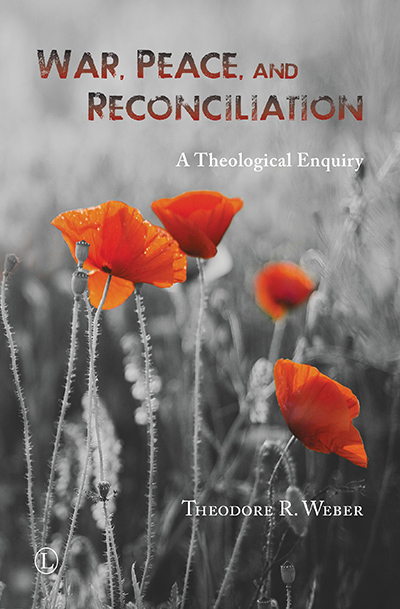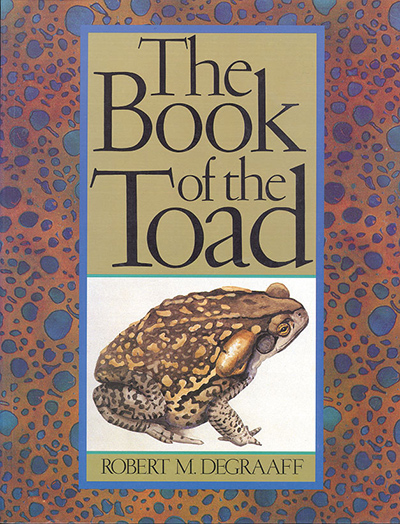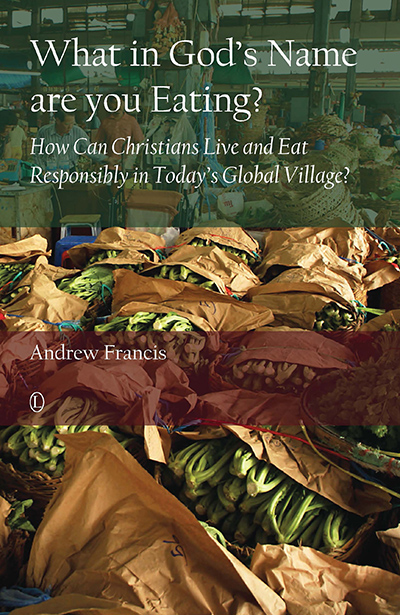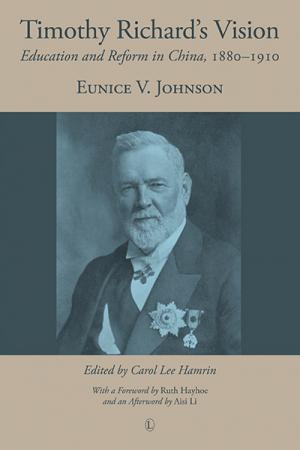Description
War, Peace, and Reconciliation invites Christians and their churches into a dialogue regarding how to think about war from a standpoint rooted in faith. It asks how reconciliation, which is central to Christian life and doctrine, can engage with the realities of war without surrendering its fundamental affirmations. Theodore Weber defines these realities politically by discussing the meanings of power, peace as a particular organisation of power, and the international system. The study of war and politics is unavoidable, as is engagement with reconciliation, because all human activity exists in the context of the gracious work of God to renew and reconcile the fallen creation. Weber’s inquiry is theocentric and christocentric. It culminates in a stirring call to churches to examine all their practices in the light of this perspective.
About the Author
Theodore R. Weber is Professor Emeritus of Social Ethics at Emory University, and a former President of the Society of Christian Ethics in the United States and Canada. He is author of several books and articles, including Politics in the Order of Creation: Transforming Wesleyan Political Ethics.
Contents
Acknowledgments
1. The Problem: How to Think as Christians about War and Peace
2. War and Reconciliation: Logics and Contexts
Part One: The Theological Context
3. The History of Divine Grace: The Context of Reconciliation
4. Fundamental Reality and Its Disruptions
5. Judgment, Preservation, and Historical Preservation
Part Two: The Political Context
6. War in the Context of Politics
7. The Meanings and Problems of Power
8. The Civilizing of Power
9. The International System, and Other Matters
Part Three: Peace, Justice, the Church
10. Peace: The Freedom to Be Vulnerable
11. Justice, Power, and Peace
12. Rethinking the “Just War Ethic”
13. Reconciliation, War, and the Church
Concluding Reflections
Bibliography
Index
Endorsements and Reviews
Theodore Weber’s War, Peace, and Reconciliation is a major treatise in theological ethics. We should reflect about war, he argues, within a theology of God’s reconciling work in Jesus Christ. He seeks to show that even war, with all its brutality and destruction, is an arena of God’s – and human reconciliation. Anyone who plans to speak about ethics and war should study this book with care.
Joseph L. Allen, Professor Emeritus of Ethics, Perkins School of Theology, Southern Methodist University
Informed by Niebuhr’s political realism but rooted in a theology of reconciliation, Weber offers an important alternative to the most common ways of thinking about war in Christian thought. Equally important, and critical to the theology of reconciliation, is his analysis of peace as an organization of power, and of a just society as one in which people have the freedom to be vulnerable. Incisively argued and deeply probing, this book is indispensable for all Christian thinking about conflict, power, justice and peace in the emerging international order.
Jon Gunnemann, Professor of Social Ethics Emeritus, Emory University
Weber has done the Church an invaluable service in providing a distinctively Christian approach to the understanding of the uses of power among nations, often resulting in war. … Weber’s acute analysis and theocentric emphasis offer a much needed corrective to an unengaged pacifism or an engaged but graceless realism.
James Laney, President Emeritus, Emory University, former Ambassador to South Korea
Ultimately, Weber presents a thorough analysis of peace and war that is theologically motivated and politically involved. War, Peace, and Reconciliation is essential reading for students and faculty in theology and ethics.
Dain Smith, in Theological Book Review, Vol 28, No 2
Weber has achieved a great deal in a small volume. His contribution to areas of politics and theology cannot be denied, and he speaks with a confidence that comes with the experience of wrestling with ideas over many years.
Leah Robinson, in Modern Believing, Vol 61, No 1, January 2020






